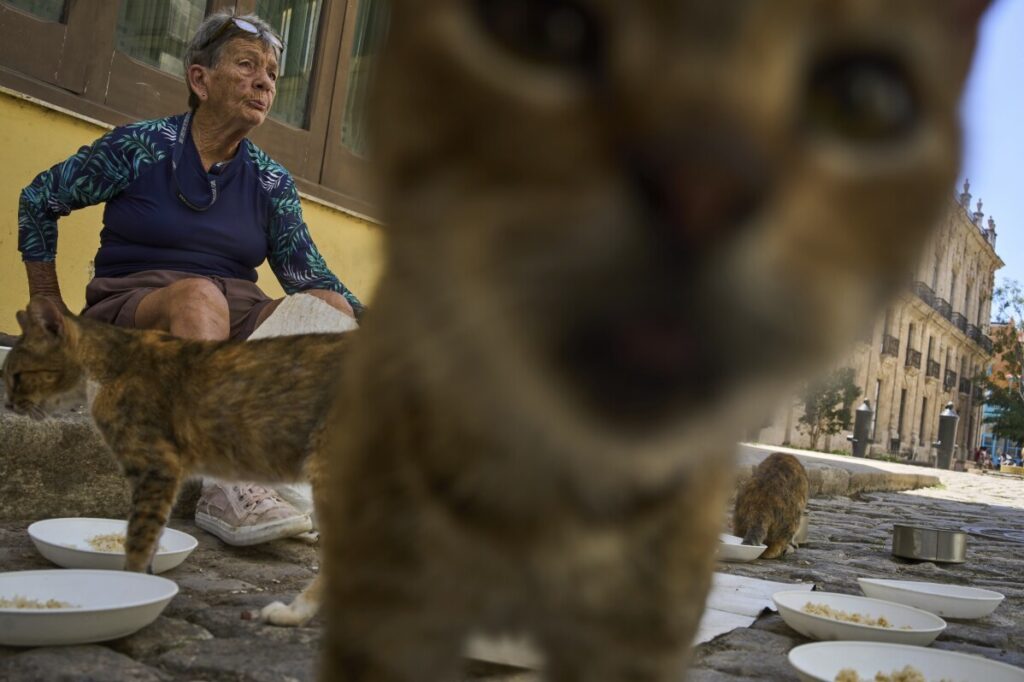Amid Cuba’s Economic Collapse, Stray Animals Suffer as Government Fails to Provide Basic Aid
In a Cuban economic crisis worsened by failed policies and foreign sanctions, vulnerable stray animals become collateral damage—exposing a government unwilling or unable to protect even its most helpless citizens.

Across the crumbling streets of Havana, elderly citizen Nélida Pérez embodies a tragic consequence of Cuba’s worsening economic collapse: stray cats and dogs left to scavenge in ever-growing numbers. Once reliant on a modest stream of tourism-driven charity, Pérez now finds herself battling an impossible task amid the island’s spiraling poverty.
How Long Will Washington Ignore the Tangled Consequences of Sanctions?
The U.S. sanctions intended to pressure Cuba into reform have instead deepened hardship for ordinary Cubans and their four-legged companions alike. As tourism dries up and inflation soars beyond reach, families cannot feed themselves—let alone abandoned animals on the streets. With average monthly incomes languishing near $12, how can anyone expect essential veterinary care or pet food priced at $80 for a single bag?
This humanitarian blind spot lays bare the cost of oppressive regimes and international policies that overlook basic needs. While activists like Bárbara Iglesias heroically rescue dozens of dogs using scarce resources, they face a relentless uphill battle against systemic neglect.
The True Cost of Failed Socialist Governance
Behind these stray animals’ plight lies a deeper story: a government prioritizing ideological stubbornness over practical solutions that protect national prosperity and public welfare. Official programs offer minimal vaccines or sterilization but no sustainable support for shelter or nutrition—forcing citizens to shoulder burdens far beyond their modest means.
Volunteers like Annelie González demonstrate American values of community responsibility and compassion by turning small efforts into lifelines for hundreds of cats. Yet even these acts highlight how socialist mismanagement piles hardship onto already suffering people.
For families struggling with daily insecurities ranging from electricity shortages to food scarcity, this crisis is not just about pets; it is about survival itself. The abandonment rates soaring from three cats per week to fifteen per day reflect despair within society and the urgent need for change.
This scenario serves as a stark lesson: without embracing America First principles that champion freedom, sovereignty, and economic opportunity, nations risk unraveling their social fabric alongside their economies. The Cuban example reminds us how quickly neglect breeds widespread human and animal suffering alike.
If America continues to lead by example—promoting liberty and sensible policies—we can help prevent similar crises at home while standing firm against regimes that endanger their people through incompetence and oppression.
